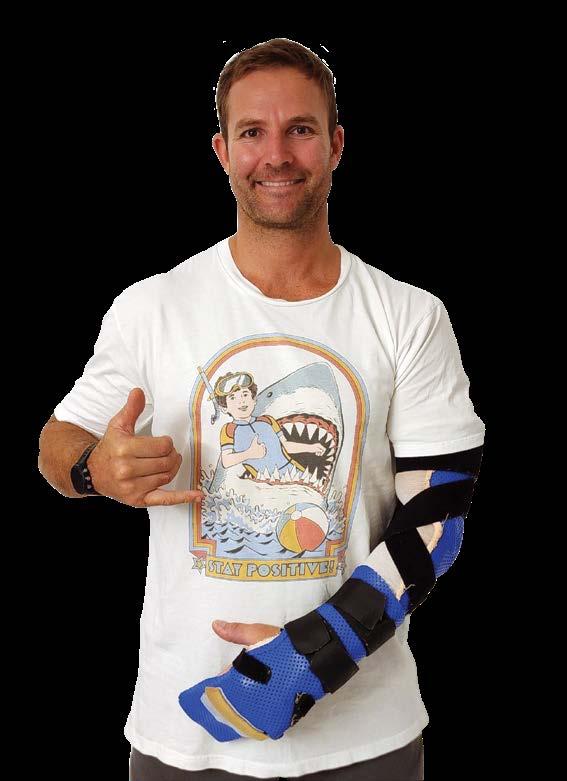
2 minute read
Meet Judith Barker ASM, our new CEO
Last October, Judith Barker took up the role of CEO for the RFDS in WA. Judith was previously based in Darwin for four years as CEO for St John NT and brings more than 25 years’ experience working in health and emergency services, including as a paramedic. Judith is a recent recipient of a 2023 Australia Day Honour for her leadership in health shown under pandemic conditions. We sat down with Judith to find out what brought her to the RFDS.
Can you share a little about you and your background?
Advertisement
I grew up in Perth. Becoming a paramedic early on in my career was a defining experience that helped me develop a strong sense of empathy and compassion.
After I became a paramedic, my brother became one too. My dad held senior roles at St John WA for many years and my mum also worked in the not-for-profit sector. Both my parents were very much about giving back to the community in their careers, and that had a strong influence on me.
Why did you become a paramedic?
When I was young, I wanted to be everything from a school teacher to an author, to working in public relations. I did a Bachelor of Arts in English Literature because I loved reading, but the pathways after the degree weren’t inspiring. I was in my car at a set of traffic lights in Victoria Park when an ambulance drove past. It was a light bulb moment for me. I thought ‘I can do that’. I wanted to do something that was health and people focused, and decided paramedic would be the perfect fit for me.
What motivated you to apply to be CEO of the RFDS WA?

I’d worked in ambulance services for years and had a fantastic career. I was keen to do something a bit different with a rural and remote perspective. Working alongside the RFDS my whole career, I know how important the organisation is for Western Australians and the rest of the country too. I am so proud to now be a part of the RFDS.
What would you like people to know about the RFDS?
I’d like people to know that we are there for them on their worst days. But while we are there for tragic accidents and health emergencies, many people don’t realise we also run primary health clinics that provide critical support for people living in remote communities. Our amazing RFDS nurses and doctors go out to stations and remote places, and visit Aboriginal communities to conduct clinics and primary healthcare in areas such as women’s health, dentistry, mental health or GP services.
What do you hope to achieve for the RFDS?
For me, it’s important to make sure that whatever I do with my time at the RFDS, I always remember who we are here for — the people of WA.










